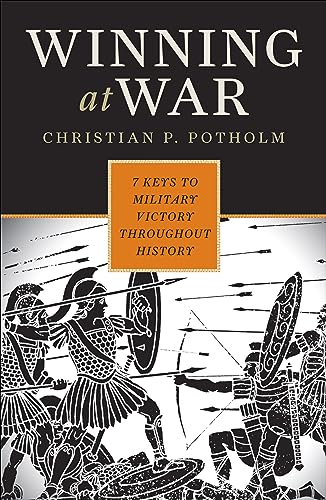Sublime
An inspiration engine for ideas
Alfred Paddock explains how and why the Army institutionalized these forces after World War II with his book, U.S. Army Special Warfare: Its Origins (Paddock 2002).
David Tucker • United States Special Operations Forces
Douglas Waller’s account of U.S. SOF after the Cold War, The Commandos (Waller 1994),
David Tucker • United States Special Operations Forces
In an Army where Marshall depended on officers like Eisenhower and Bradley to do their jobs quietly, to conciliate, and to persuade, he required others like Smith who could hack a path through red tape and perform hatchet jobs.”
Jean Edward Smith • Eisenhower in War and Peace

Lawrence
Max Boot • Invisible Armies
Science, Strategy and War: The Strategic Theory of John Boyd (Strategy and History)
amazon.com
Krueger outgeneraled Lear throughout both phases of the Louisiana maneuvers. His grasp of the strategic requirements, and the command and control he exercised over Third Army, were nearly flawless. The aggressive, offensive-style defense that he waged in phase one, and the use of his armor and mobile forces to flank Lear out of his position in
... See moreJean Edward Smith • Eisenhower in War and Peace
Consensus academics articulated the need for tough men of will in politics, using prose laden with metaphors of sexual prowess.
Elaine Tyler May • Homeward Bound: American Families in the Cold War Era
